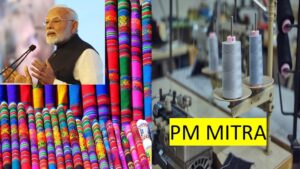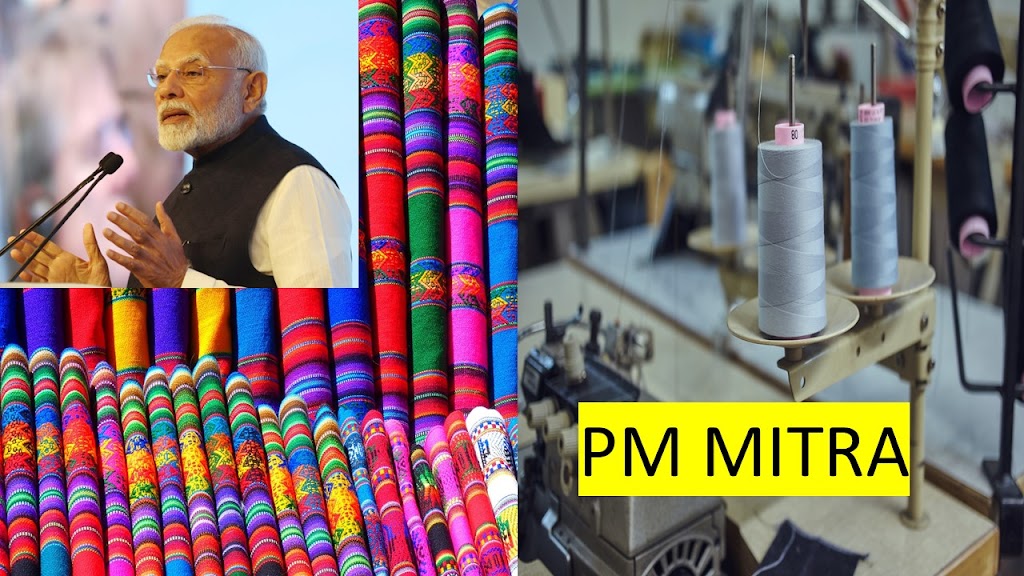PM Mitra Scheme: A Step Towards Sustainable Industrial Growth for India
 |
In recent years, the Indian government has implemented a variety of measures to boost the manufacturing sector and enhance the country’s overall economic structure. The PM Mitra plan https://www.india.gov.in/spotlight/pm-mega-integrated-textile-region-and-apparel-pm-mitra is an important program aiming at supporting the establishment of integrated textile parks across India. This project aims to create an atmosphere that promotes innovation, sustainability, and skill development in the textile and garment industry.
Background of the PM Mitra Scheme
The PM Mitra program aims to make India a global textile manufacturing hub.
It was introduced in the context of a renewed focus on independence and a global push for sustainable practices. The program, which was formally unveiled in 2021, is expected to help establish seven textile parks across the nation. These parks will each function as a comprehensive hub for a range of textile-related activities, covering the whole value chain from spinning to clothing production.
Objectives of the Scheme:
The primary objectives of the PM Mitra scheme are the following:
1. Promoting Ease of Doing Business: By creating a favourable climate for industry players, the initiative hopes to decrease bureaucratic barriers and improve operational efficiency. The creation of these integrated parks will streamline legal and regulatory requirements, facilitating the growth of businesses.
2. Job Creation: The textile industry is among India’s largest employers. Textile parks are expected to provide millions of direct and indirect jobs, adding to the region’s overall socioeconomic development.
3. Encouraging Innovation: The project focusses on research and development, encouraging industry to adopt new technologies and sustainable practices. This emphasis on innovation will eventually result in the creation of superior and eco-friendly goods.
4. Skill Development: Along with the building of textile parks, the PM Mitra initiative emphasizes the necessity of skill development programs. These measures will assist ensure that the workforce has the essential skills to fulfil the changing demands of the textile industry.
Expected Outcomes
The PM Mitra plan is expected to benefit both the Indian textile sector and the overall economy. The first benefit of concentrating textile production in designated parks is that economies of scale will boost output and lower expenses for producers. Furthermore, bringing different manufacturing phases together in one place will facilitate improved stakeholder coordination and cooperation.
Furthermore, the initiative is expected to attract international investment in the textile sector, boosting the industry’s growth possibilities. India wants to compete globally and increase its market share in the global textile industry by creating a stable and welcoming business climate.
Conclusion
Finally, the PM Mitra plan is an important step forward in India’s efforts to achieve long-term industrial growth in the textile sector.
With its emphasis on talent development, innovation, and integration, this effort has the potential to revolutionize Indian manufacturing. As readers, it is critical to be updated about such developments because they affect not just the economy but also the livelihoods of numerous people throughout the country. With such efforts in place, India is well on its way to becoming a powerful competitor in the global textile sector, carving out a position based on sustainability and economic resilience.










